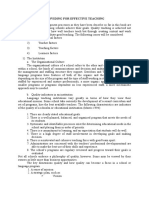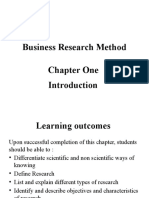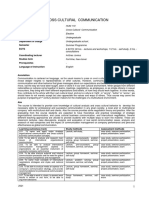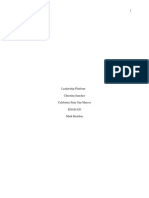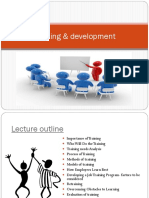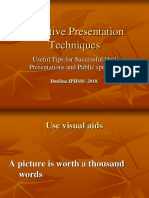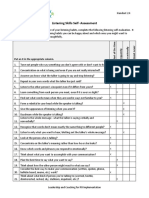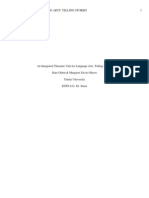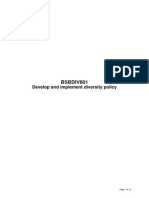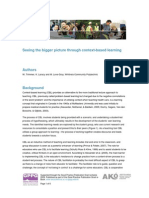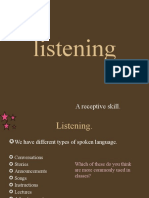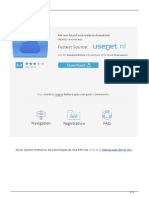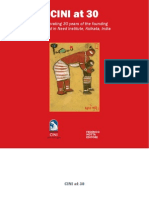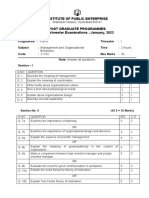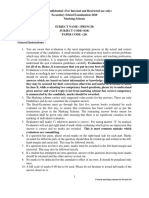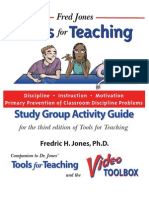0% found this document useful (0 votes)
271 views17 pagesPlanning Goals and Learning Outcomes
This chapter discusses determining goals and learning outcomes for curriculum planning. It outlines several educational philosophies that curriculum planners draw from, including social and economic efficiency, learner-centeredness, and stating clear curriculum aims and objectives. Aims refer to general changes in learners, while objectives specify measurable changes. Objectives should be precise, feasible, and analyze the aim. The document provides examples of developing aims and objectives for a hotel employee English course, covering business letter writing, listening, and composition skills. It concludes with a discussion question about preparing objectives related to listed conversation and listening skills.
Uploaded by
Rismasari DewiCopyright
© Attribution Non-Commercial (BY-NC)
We take content rights seriously. If you suspect this is your content, claim it here.
Available Formats
Download as PPT, PDF, TXT or read online on Scribd
0% found this document useful (0 votes)
271 views17 pagesPlanning Goals and Learning Outcomes
This chapter discusses determining goals and learning outcomes for curriculum planning. It outlines several educational philosophies that curriculum planners draw from, including social and economic efficiency, learner-centeredness, and stating clear curriculum aims and objectives. Aims refer to general changes in learners, while objectives specify measurable changes. Objectives should be precise, feasible, and analyze the aim. The document provides examples of developing aims and objectives for a hotel employee English course, covering business letter writing, listening, and composition skills. It concludes with a discussion question about preparing objectives related to listed conversation and listening skills.
Uploaded by
Rismasari DewiCopyright
© Attribution Non-Commercial (BY-NC)
We take content rights seriously. If you suspect this is your content, claim it here.
Available Formats
Download as PPT, PDF, TXT or read online on Scribd
/ 17











